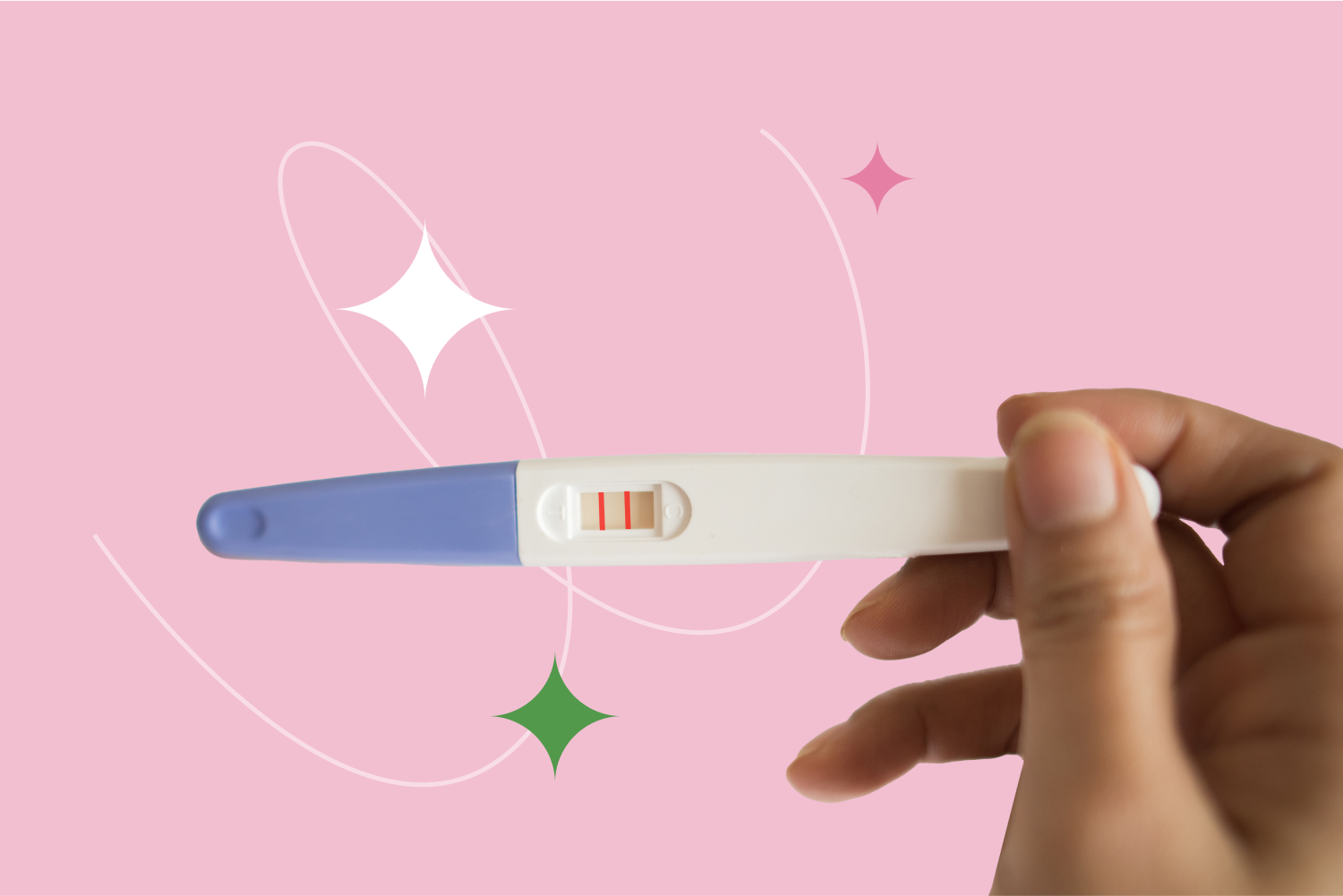Unveiling the Mystery: When to Take a Pregnancy Test After Implantation Bleeding
Implantation bleeding, a potential early sign of pregnancy, can be confusing and leave you wondering if you’re truly expecting. While it’s tempting to reach for a pregnancy test right away, understanding the timeline and factors involved is crucial. This comprehensive guide explores the nuances of implantation bleeding, discusses the optimal timing for a pregnancy test, and provides a helpful FAQ section to address your concerns.
Understanding Implantation Bleeding
Implantation bleeding occurs when a fertilized egg implants itself in the lining of the uterus. This process can cause slight spotting or bleeding, typically around 6-12 days after ovulation. However, implantation bleeding is not a definitive sign of pregnancy and can also occur due to hormonal fluctuations not related to conception.
Factors Affecting Pregnancy Test Accuracy
The accuracy of a home pregnancy test depends on the level of the human chorionic gonadotropin (hCG) hormone in your urine. hCG is produced by the developing embryo and its levels increase gradually in early pregnancy. Here’s how timing impacts test accuracy:
- Testing Too Early: If you take a pregnancy test too soon after implantation bleeding, even a sensitive test might not detect sufficient hCG levels, leading to a false negative result.
- Waiting Too Long: While waiting can be frustrating, waiting until after a missed period generally provides the most reliable results, as hCG levels are typically high enough for detection by most home pregnancy tests.
Optimal Timing for a Pregnancy Test
Here’s a breakdown of the recommended timeframe for taking a pregnancy test after implantation bleeding:
- Wait at Least 7 Days After Implantation Bleeding: This allows time for hCG levels to rise sufficiently for detection by a sensitive pregnancy test.
- Consider a Missed Period: If you don’t experience a period within your usual timeframe and suspect you might be pregnant, a pregnancy test is highly reliable at this point.
Alternatives to a Home Pregnancy Test
While home pregnancy tests are readily available and convenient, you can also consider these options:
- Blood Test for hCG: A blood test performed by a doctor can detect hCG levels earlier than a home pregnancy test, offering a definitive result sooner.
- Doctor’s Visit: Consulting your doctor can provide confirmation of pregnancy and guidance on prenatal care.
When to See a Doctor
If you experience any of the following alongside implantation bleeding, consult a doctor to rule out other potential causes:
- Severe or prolonged bleeding
- Pelvic pain
- Fever or chills
- Unusual vaginal discharge
FAQ on Pregnancy Testing After Implantation Bleeding
Q: What if I get a negative pregnancy test after implantation bleeding?
A negative test result doesn’t necessarily mean you’re not pregnant. It could be due to testing too early. Wait a few days and retest, especially if you miss your period.
Q: Can implantation bleeding be heavy?
Implantation bleeding is typically lighter than a regular menstrual period and usually lasts for a shorter duration (a few hours to a few days).
Q: Are there any lifestyle factors that can affect implantation bleeding?
Stress, strenuous exercise, and certain medications can potentially influence implantation bleeding.
Q: How soon after implantation bleeding can I have sex?
Implantation bleeding shouldn’t prevent sexual activity. However, if you experience any pain or discomfort, abstain from sex and consult your doctor.
Q: What if I keep getting negative pregnancy tests but still suspect I’m pregnant?
If you have persistent negative tests but still suspect pregnancy due to missed periods or other symptoms, consult your doctor for further investigation.
Important Note:
The information provided in this guide is intended to be educational and shouldn’t be a substitute for professional medical advice. If you have any questions or concerns about implantation bleeding, pregnancy testing, or potential pregnancy, consult your doctor or healthcare provider. They can offer personalized guidance and address your specific situation.
Additional Tips and Considerations
- Early Detection Tests: While waiting a week after implantation bleeding is generally recommended, some highly sensitive pregnancy tests claim to detect hCG levels as early as 6 days before your expected period. However, even these tests might not be foolproof, and early results can sometimes be faint lines open to interpretation.
- Digital Pregnancy Tests: Digital pregnancy tests can offer a clear “pregnant” or “not pregnant” result, eliminating the confusion of interpreting faint lines. However, they are typically more expensive than traditional home pregnancy tests.
- Multiple Tests: If you’re unsure about the initial test result, especially if you tested very early, consider taking another test after a few days, particularly if you miss your period.
Maintaining Patience
Waiting for confirmation of pregnancy can be nerve-wracking. While implantation bleeding might spark hope, it’s crucial to manage expectations and understand the limitations of early testing. Remember:
- Accuracy Increases with Time: The longer you wait after implantation bleeding, the more reliable the results of a home pregnancy test become.
- Missed Period is a Reliable Indicator: A missed period, especially if your cycles are regular, is a strong sign of potential pregnancy.
Conclusion
Implantation bleeding can be a confusing experience, but understanding the science behind it and the factors influencing pregnancy test accuracy can empower you to make informed decisions. By following the recommended timelines, considering alternative testing options if needed, and maintaining patience, you can navigate this exciting yet uncertain phase. Remember, consulting a doctor is always advisable for personalized guidance and confirmation of pregnancy.

